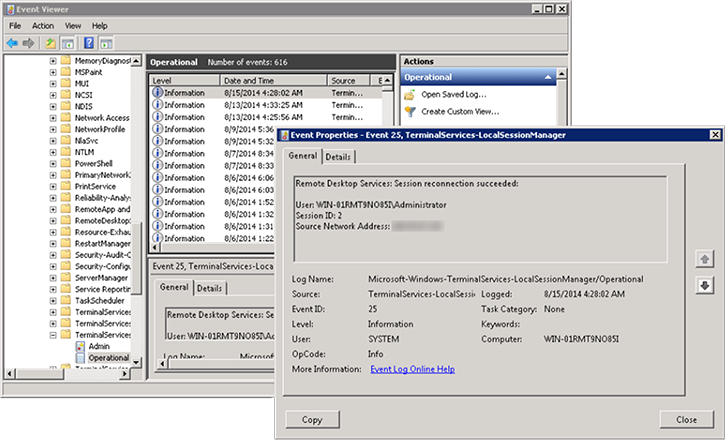vps how to find ip address

When it comes to managing a Virtual Private Server (VPS), having access to its IP address is crucial. Whether you need it for configuring DNS settings, setting up email servers, or simply for security purposes, knowing how to find the IP address of your VPS is essential. In this comprehensive guide, we will walk you through the various methods of finding the IP address of your VPS, ensuring that you have all the information you need.
Session 1: Checking your VPS Control Panel
Before diving into advanced techniques, the first step to finding your VPS IP address is to check your VPS control panel. The control panel provided by your hosting provider often displays important information, including the IP address of your VPS. In this section, we will guide you through the process of accessing and locating the IP address in popular control panels such as cPanel, Plesk, and Virtualizor.
Session 2: Using Command Prompt or Terminal
For those comfortable with using the command line, there are several commands you can use to find the IP address of your VPS. In this session, we will cover the step-by-step process of using command prompt or terminal on different operating systems, including Windows, macOS, and Linux distributions.
Session 3: Utilizing the ifconfig Command
One of the most common commands used to find the IP address of a VPS is 'ifconfig'. This session will provide an in-depth explanation of how to use the 'ifconfig' command on various Linux distributions. Additionally, we will explore alternative commands such as 'ip addr' and 'ip a' that serve the same purpose.
Session 4: Accessing Your Router or Modem Configuration
If your VPS is connected to a local network, such as at home or in an office, you can often find its IP address by accessing your router or modem's configuration. This section will guide you through the process of logging into your router and locating the IP address assigned to your VPS.
Session 5: Using an Online IP Lookup Tool
When all else fails, there are online IP lookup tools available that can help you find the IP address of your VPS. We will introduce you to some reliable online tools and explain how to use them effectively to retrieve the IP address of your VPS.
Session 6: Checking Network Configuration Files
In this session, we will explore how to find the IP address of your VPS by checking network configuration files. We will focus on popular Linux distributions, such as Ubuntu and CentOS, and explain where to look for the IP address information within these files.
Session 7: Contacting Your Hosting Provider
If all other methods fail or seem too complex, reaching out to your hosting provider's support team is always a viable option. They should be able to provide you with the IP address of your VPS promptly. This section will provide guidance on how to contact your hosting provider and request the necessary information.
Session 8: Using a Network Scanner
Network scanners can be powerful tools for finding the IP address of a device on your network, including your VPS. We will introduce you to some popular network scanning software and guide you through the process of scanning your network to locate your VPS IP address.
Session 9: Checking DNS Records
In certain cases, you can find the IP address of your VPS by checking DNS records. This session will explain how to utilize DNS lookup tools to retrieve the IP address information associated with your domain name.
Session 10: Using Remote Desktop Connection
If you have remote desktop access to your VPS, you can easily find its IP address using the remote desktop connection software. We will demonstrate how to locate your VPS IP address through popular remote desktop clients such as Microsoft Remote Desktop and VNC Viewer.
Conclusion:
In conclusion, finding the IP address of your VPS is a fundamental task that every VPS owner should know. In this comprehensive guide, we have covered various methods to help you locate the IP address of your VPS, ranging from checking control panels and using command prompt or terminal to accessing router configurations and utilizing online tools. Remember, having access to your VPS IP address is essential for managing and securing your server effectively. By following the steps outlined in this guide, you can ensure that you always have the necessary information at your fingertips.




